Leadership Transitions
-
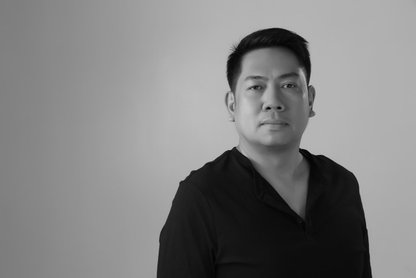
Leadership Transitions #12: Gilbert Sape
In 2015, Mission Talent placed Gilbert Sape in the role of Asia Pacific Wildlife Campaign Manager at World Animal Protection Asia Pacific. In December 2016, he was ...
Mission Talent Team
-
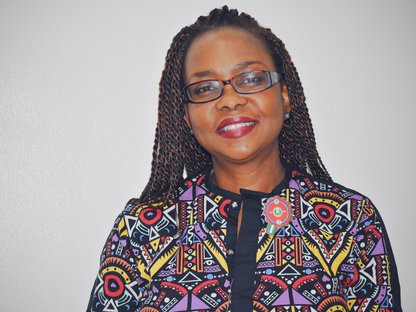
Leadership Transitions #11: ChiChi Aniagolu-Okoye
At the end of 2017, Mission Talent placed ChiChi Aniagolu-Okoye as the Country Director for WaterAid in Nigeria. Previously, she was the Country Director at Girl Effect, ...
Mission Talent Team
-
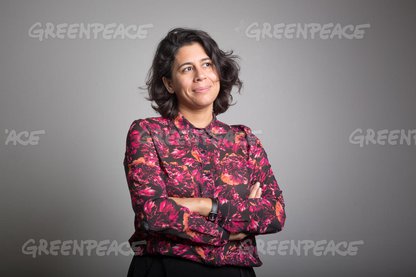
Leadership Transitions #10: Anabella Rosemberg
In 2018, Mission Talent placed Anabella Rosemberg in the role of International Programme Director at Greenpeace International (GPI). Previously, she worked at the International Trade Union Confederation (ITUC) as ...
Mission Talent Team
-
-
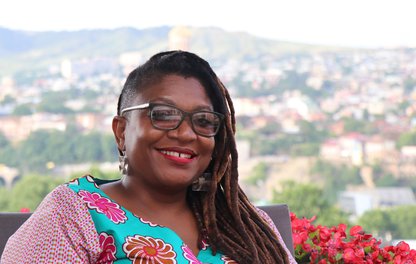
Leadership Transitions #9: Masego Madzwamuse
In October 2018, Mission Talent placed Masego Madzwamuse as the CEO for The Southern Africa Trust. Previously, she was the Team Leader for the Economic and ...
Mission Talent Team
-
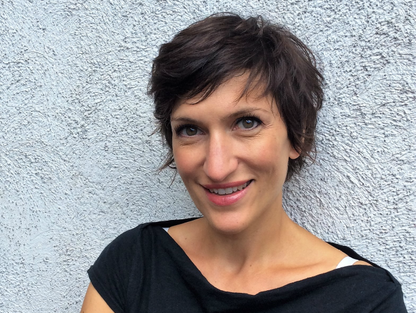
Leadership Transitions #8: Delphine Moralis
In 2017, Mission Talent placed Delphine Moralis in the role of Secretary-General at Terre des Hommes. She was previously Secretary-General for Missing Children Europe. In this ...
Mission Talent Team
-
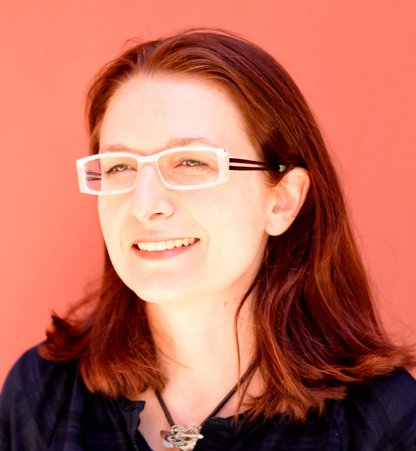
Leadership Transitions #7: Velina Petrova
In 2016, Mission Talent placed Velina Petrova in the role of Knowledge for Impact Director at Oxfam International. She previously held various roles setting up systems ...
Mission Talent Team
-
-
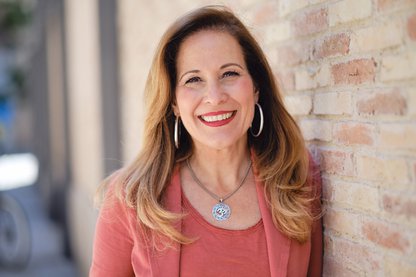
Leadership Transitions #6: Giovanna Alvarez-Negretti
Giovanna Alvarez-Negretti is the Executive Director at The Online Progressive Engagement Network (OPEN). She was previously Regional Director for the Middle East for the American ...
Mission Talent Team
-
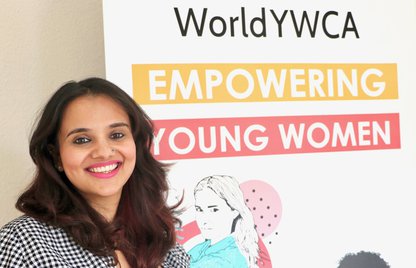
Leadership Transitions #5: Dr. Suchi Gaur
Dr. Suchi Gaur is the Lead, Global Engagement and Strategic Communications at the World YWCA, based in Geneva. She joined the World YWCA in 2018, after ...
Mission Talent Team
-
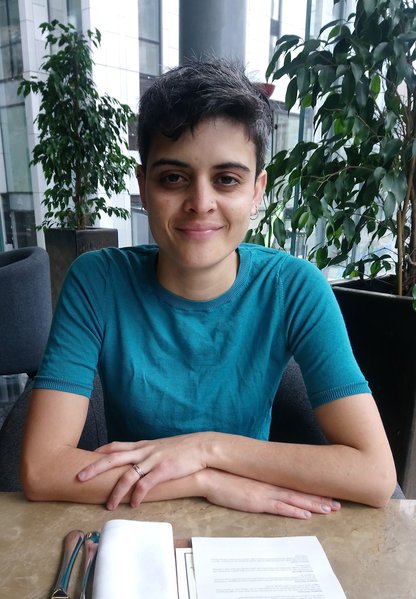
Leadership Transitions #4: Aura Freeman
In August 2018, Mission Talent placed Aura Freeman as Head of Campaigns – Animals in Disasters at World Animal Protection. She previously worked in human rights ...
Mission Talent Team
-
-
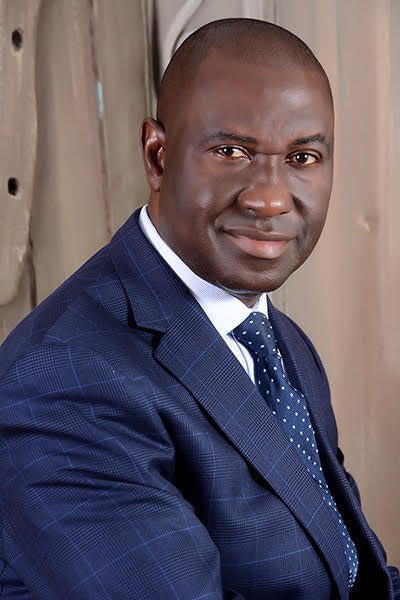
Leadership Transitions #3: Bright Ekweremadu
Bright Ekweremadu is the Country Director of CBM in Nigeria, an organisation working to improve the lives of people with disabilities in the poorest countries worldwide. ...
Mission Talent Team
-
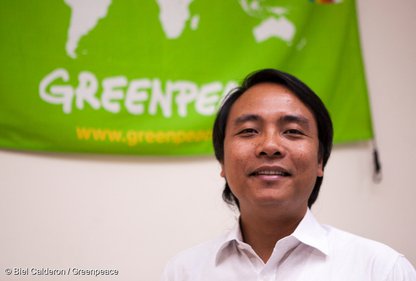
Leadership Transitions #2: Yeb Saño
In 2016, Mission Talent placed Yeb Saño in the role of Executive Director with Greenpeace Southeast Asia. He previously served as Climate Change Commissioner for the ...
Mission Talent Team
-
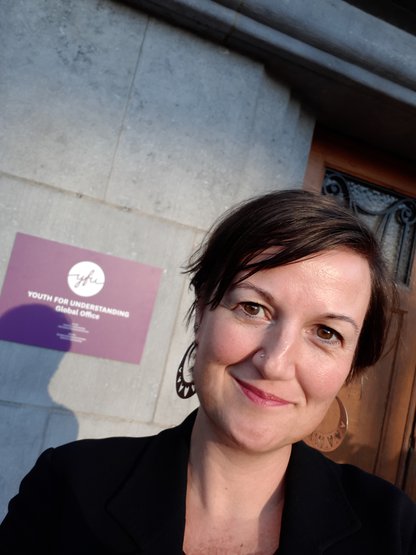
Leadership Transitions #1: Melanie Rutten-Sülz
In 2017, Mission Talent placed Melanie Rutten-Sülz in the role of Secretary General at Youth For Understanding. Melanie works at the heart of a global federation of intercultural ...
Mission Talent Team
-
-

Leadership Transitions #12: Gilbert Sape
In 2015, Mission Talent placed Gilbert Sape in the role of Asia Pacific Wildlife Campaign Manager at World Animal Protection Asia Pacific. In December 2016, he was ...
Mission Talent Team
-

Leadership Transitions #11: ChiChi Aniagolu-Okoye
At the end of 2017, Mission Talent placed ChiChi Aniagolu-Okoye as the Country Director for WaterAid in Nigeria. Previously, she was the Country Director at Girl Effect, ...
Mission Talent Team
-

Leadership Transitions #10: Anabella Rosemberg
In 2018, Mission Talent placed Anabella Rosemberg in the role of International Programme Director at Greenpeace International (GPI). Previously, she worked at the International Trade Union Confederation (ITUC) as ...
Mission Talent Team
-

Leadership Transitions #9: Masego Madzwamuse
In October 2018, Mission Talent placed Masego Madzwamuse as the CEO for The Southern Africa Trust. Previously, she was the Team Leader for the Economic and ...
Mission Talent Team
-

Leadership Transitions #8: Delphine Moralis
In 2017, Mission Talent placed Delphine Moralis in the role of Secretary-General at Terre des Hommes. She was previously Secretary-General for Missing Children Europe. In this ...
Mission Talent Team
-

Leadership Transitions #7: Velina Petrova
In 2016, Mission Talent placed Velina Petrova in the role of Knowledge for Impact Director at Oxfam International. She previously held various roles setting up systems ...
Mission Talent Team
-

Leadership Transitions #6: Giovanna Alvarez-Negretti
Giovanna Alvarez-Negretti is the Executive Director at The Online Progressive Engagement Network (OPEN). She was previously Regional Director for the Middle East for the American ...
Mission Talent Team
-

Leadership Transitions #5: Dr. Suchi Gaur
Dr. Suchi Gaur is the Lead, Global Engagement and Strategic Communications at the World YWCA, based in Geneva. She joined the World YWCA in 2018, after ...
Mission Talent Team
-

Leadership Transitions #4: Aura Freeman
In August 2018, Mission Talent placed Aura Freeman as Head of Campaigns – Animals in Disasters at World Animal Protection. She previously worked in human rights ...
Mission Talent Team
-

Leadership Transitions #3: Bright Ekweremadu
Bright Ekweremadu is the Country Director of CBM in Nigeria, an organisation working to improve the lives of people with disabilities in the poorest countries worldwide. ...
Mission Talent Team
-

Leadership Transitions #2: Yeb Saño
In 2016, Mission Talent placed Yeb Saño in the role of Executive Director with Greenpeace Southeast Asia. He previously served as Climate Change Commissioner for the ...
Mission Talent Team
-

Leadership Transitions #1: Melanie Rutten-Sülz
In 2017, Mission Talent placed Melanie Rutten-Sülz in the role of Secretary General at Youth For Understanding. Melanie works at the heart of a global federation of intercultural ...
Mission Talent Team
Spotlight On
-
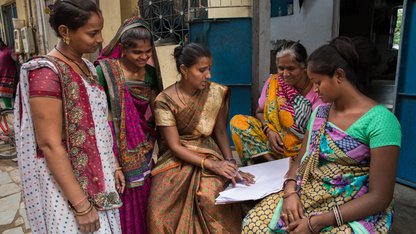
William and Flora Hewlett Foundation, advancing the field of transparency and evidence-informed policymaking
One of the largest philanthropic organizations in the United States, the Hewlett Foundation was established in 1966 with the goal of making the ...
Mission Talent Team
-
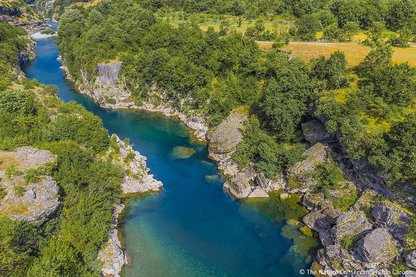
WWF Adria – the increase of influence to protect wildlife
WWF is a non-profit organisation that has led the fight for the conservation of nature and the defence of species for the last ...
Mission Talent Team
-

The Legacy Landscapes Fund – a new approach to safeguarding biodiversity
As the global economy slows down, conservation faces a huge challenge. Many protected areas are funded by tourism, which has trickled to a ...
Mission Talent Team
-
-
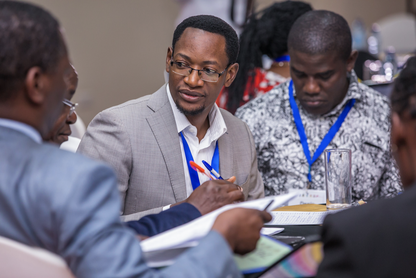
The Partnership for African Social and Governance Research (PASGR)
PASGR was founded in 2011 as a response to the declining academic standards, especially in quantitative research methods, in African social science institutions. ...
Mission Talent Team
-
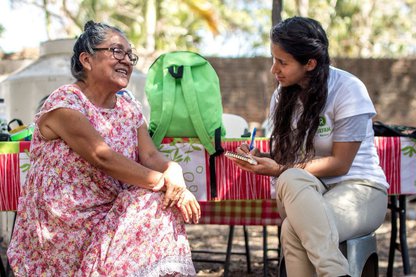
Oxfam Mexico, fighting inequality
As we search for the new Executive Director for Oxfam Mexico, we took some time to learn more about the organisation’s work in Mexico, ...
Mission Talent Team
-
-

William and Flora Hewlett Foundation, advancing the field of transparency and evidence-informed policymaking
One of the largest philanthropic organizations in the United States, the Hewlett Foundation was established in 1966 with the goal of making the ...
Mission Talent Team
-

WWF Adria – the increase of influence to protect wildlife
WWF is a non-profit organisation that has led the fight for the conservation of nature and the defence of species for the last ...
Mission Talent Team
-

The Legacy Landscapes Fund – a new approach to safeguarding biodiversity
As the global economy slows down, conservation faces a huge challenge. Many protected areas are funded by tourism, which has trickled to a ...
Mission Talent Team
-

The Partnership for African Social and Governance Research (PASGR)
PASGR was founded in 2011 as a response to the declining academic standards, especially in quantitative research methods, in African social science institutions. ...
Mission Talent Team
-

Oxfam Mexico, fighting inequality
As we search for the new Executive Director for Oxfam Mexico, we took some time to learn more about the organisation’s work in Mexico, ...
Mission Talent Team
On Our Minds
-
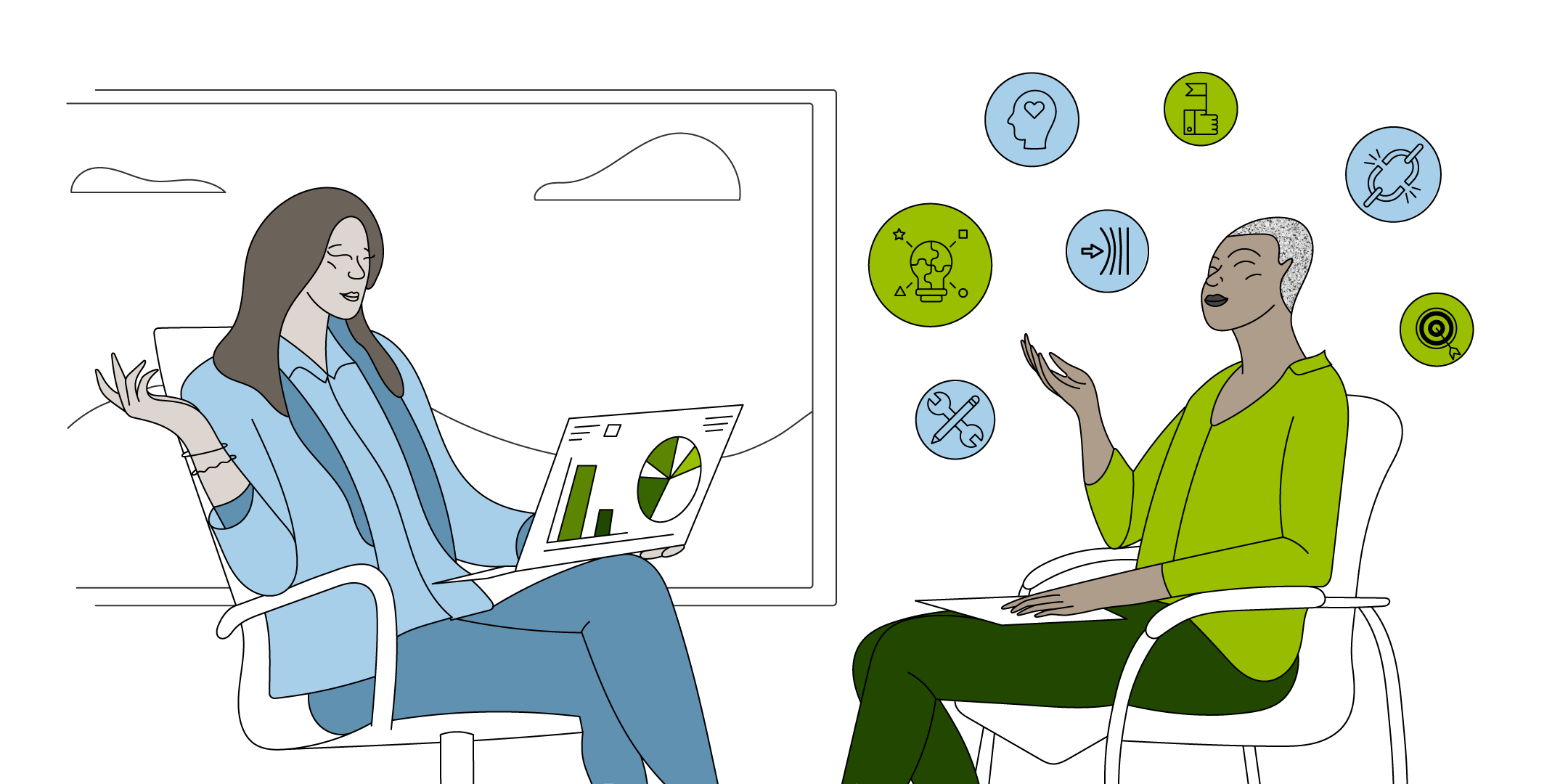
(Mission) Talent Development: Insights from 2023
In our journey through the dynamic landscape of talent development in 2023, we have uncovered crucial insights that redefine our approach to fostering ...
Katja Schramm
-
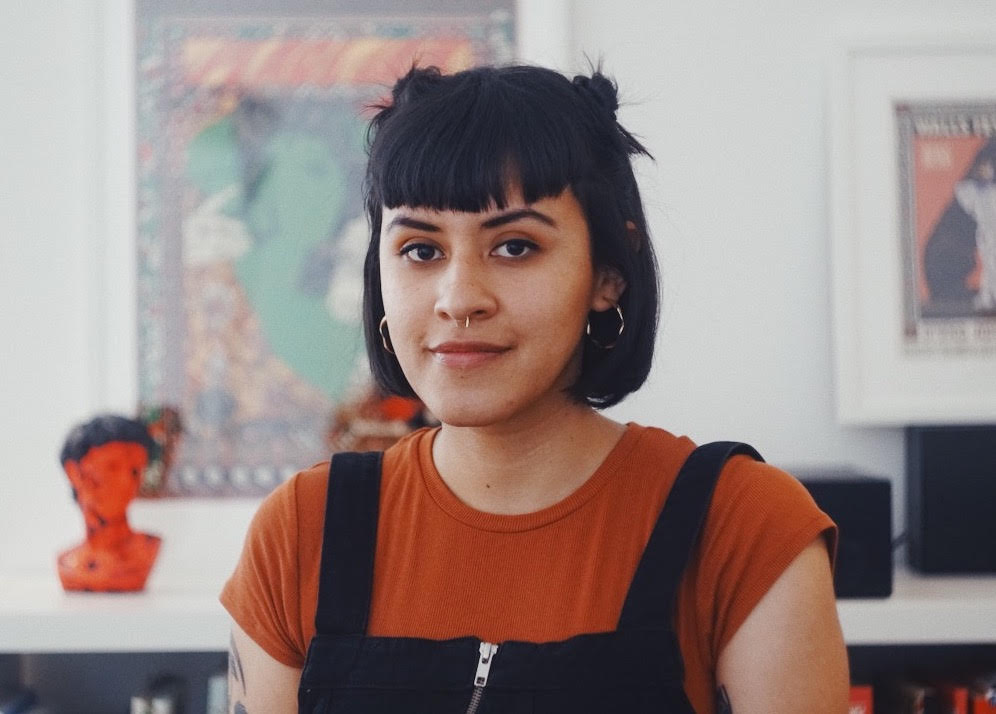
Behind the Brand: The story behind our new look
When we came back to our graphic designer with our head hanging after our website project had been delayed – for the second ...
Mission Talent Team
-
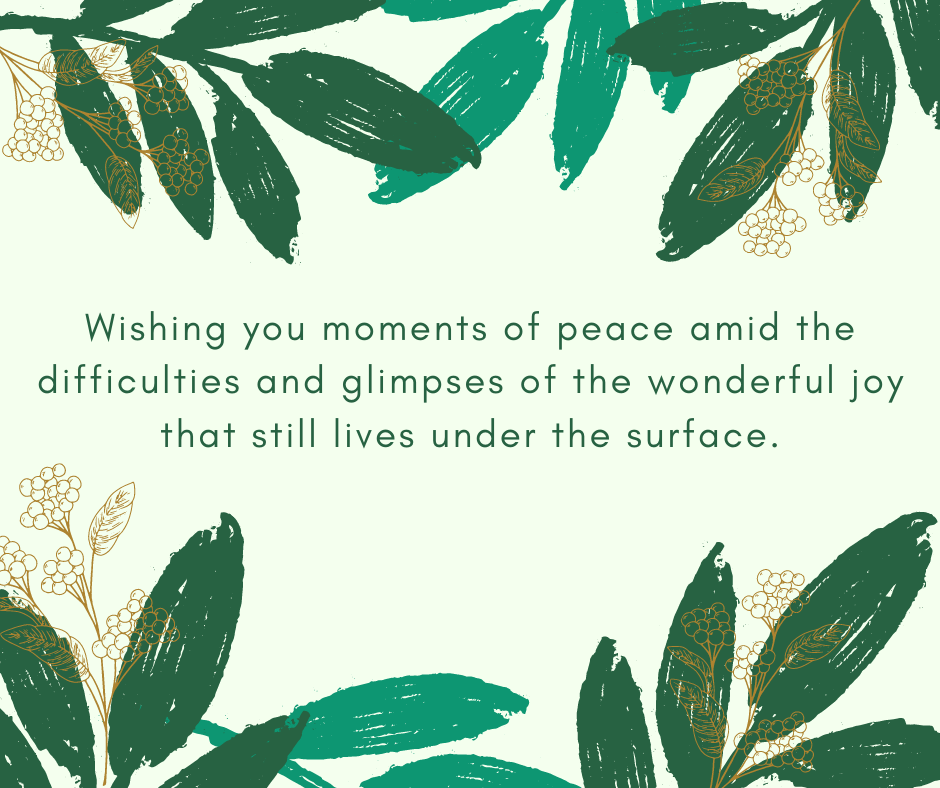
A Message from Mission Talent
As we wind towards the end of a difficult and unexpected year, we’re reminded to take the long view, that no one is ...
Mission Talent Team
-
-
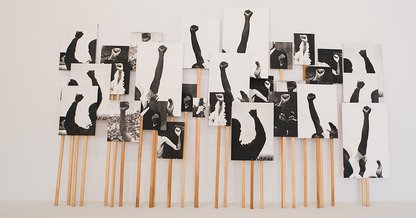
How can NGOs and social movements work together to make real and long-lasting change?
As a global executive search firm, Mission Talent is in the business of having in-depth conversations with people from all over the world. ...
Mission Talent Team
-

Arbeitssprache Deutsch – ein Kommentar
Vergangene Woche hat das Landesarbeitsgericht Nürnberg ein Urteil veröffentlicht, welches bestätigt, dass die Filialleitung eines Unternehmens Personalgespräche nicht in deutscher Sprache führen muss. Der Betriebsrat ...
Mission Talent Team
-

Mix’n Talent: How can NGOs and social movements work together to make real and long-lasting change?
The recent incidence of police violence has sparked a global uprising of people demanding an end to racism and police brutality. At the ...
Mission Talent Team
-
-
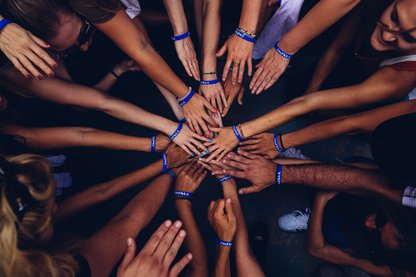
Mix’n Talent: Are humanitarian organisations more resilient to deal with the COVID-19 crisis?
A pandemic on our doorstep: COVID-19 is challenging the global community in an unprecedented way — both professionally and personally. For many, it ...
Mission Talent Team
-
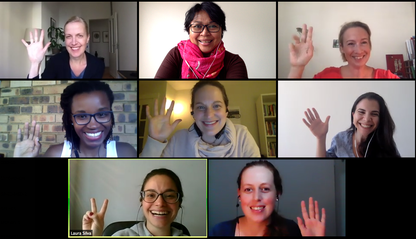
COVID-19 Message from Mission Talent
At Mission Talent, we are in the business of supporting leaders all over the world. While our local circumstances might vary, we all ...
Mission Talent Team
-
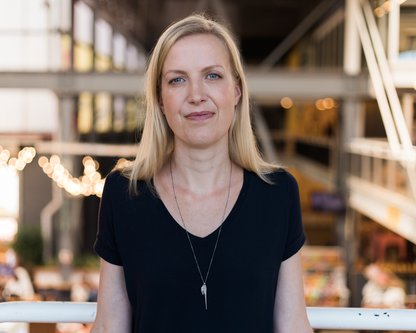
Looking back & looking forward: celebrating ten years at Mission Talent
In 2009, Mission Talent was founded in Germany and South Africa. Today, the company has grown to a team of nine consultants based ...
Mission Talent Team
-
-
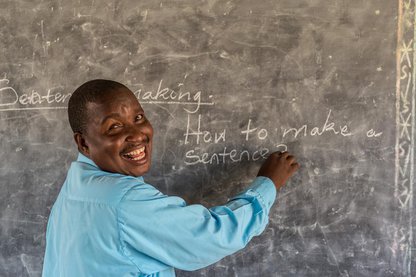
Greetings from Mission Talent, 2019!
At the start of a new year Now that 2019 is rapidly getting underway, we hope this mail finds you back at your ...
Mission Talent Team
-
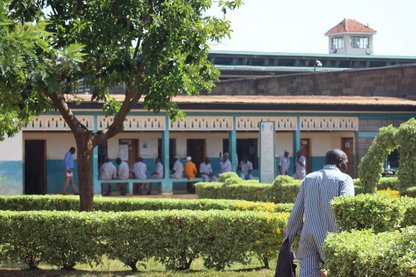
Visiting African Prisons Project at Kamiti Prison in Kenya
Nervousness hit me when I read the email from the Africa Prisons Project: “Kamiti is a male maximum security prison… [Visitors] should avoid being ...
Mission Talent Team
-
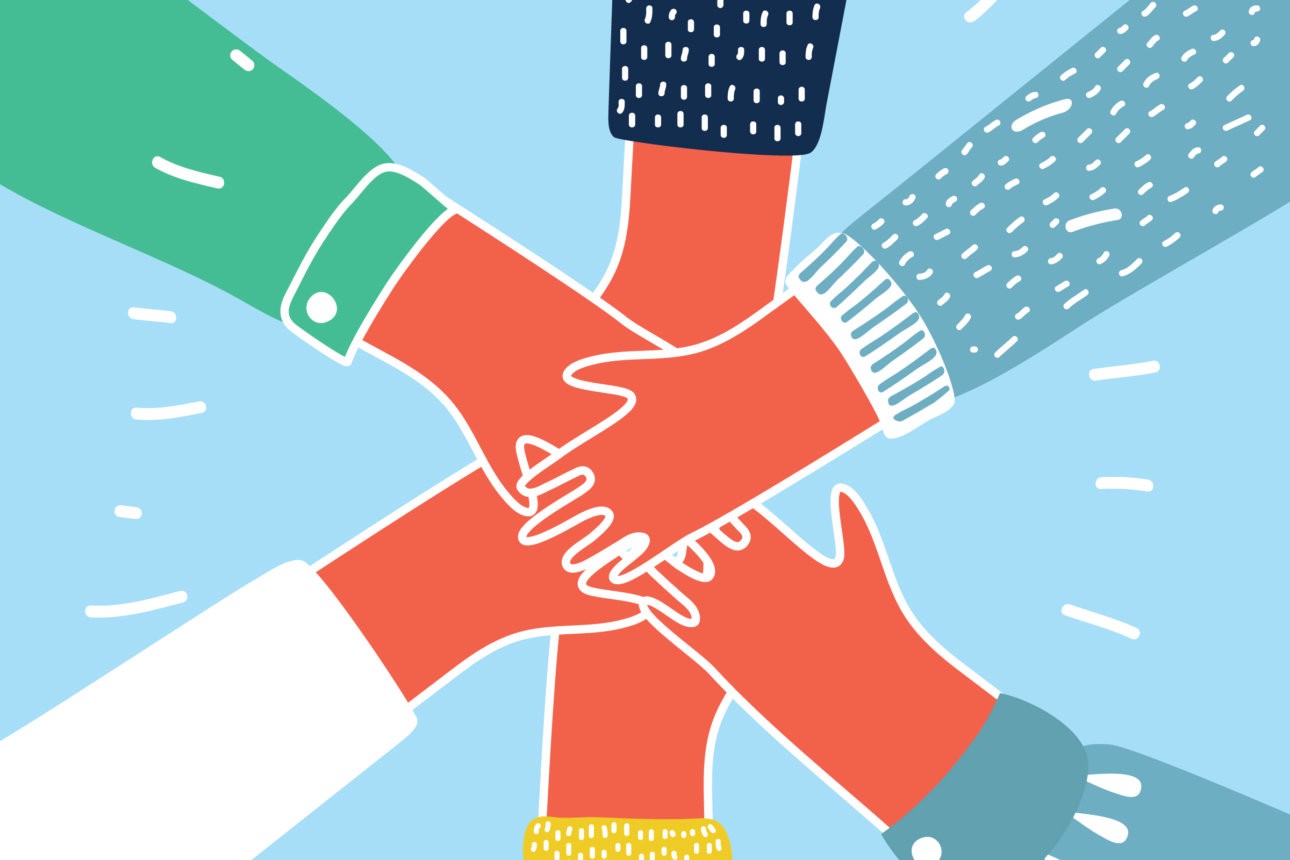
I’m not an engineer, an ecologist or a doctor. So here’s how I make a difference.
In 2003, I was an intern in New York City and I went to see Jeffrey Sachs (then director of the Earth Institute ...
Mission Talent Team
-
-
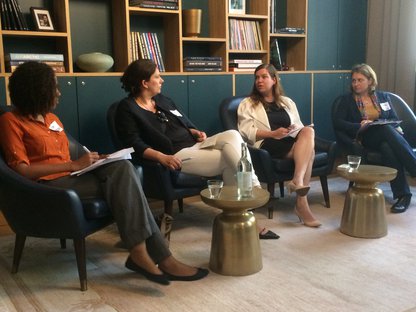
From Silos to Movement
The first ever Mix’n’Talent event brought forward a range of crucial reflections on how the civil society sector can drive social change in ...
Mission Talent Team
-
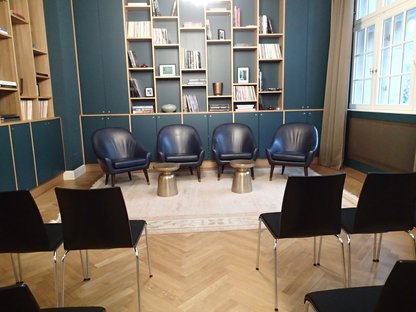
Leading Change in Uncertain Times
Faced with challenges such as political uncertainty, climate change and a global humanitarian and refugee crisis – how can we effectively drive social ...
Mission Talent Team
-
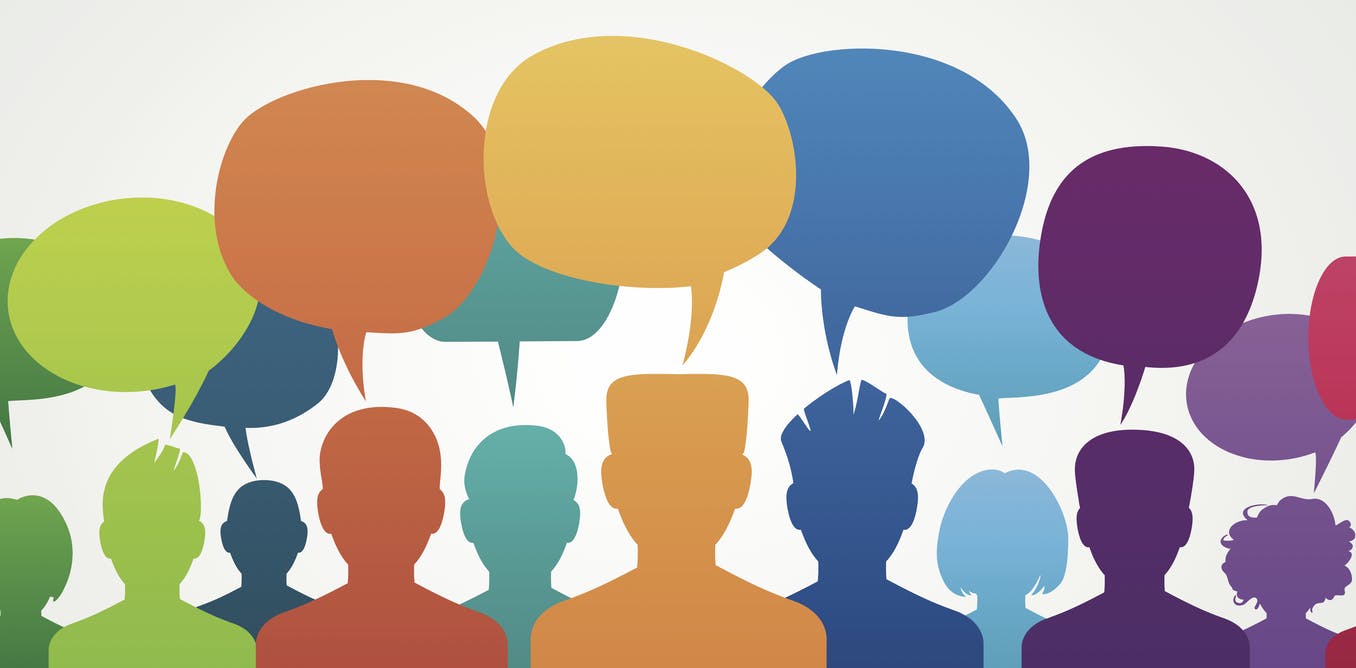
Organisational Languages
The other day I was arranging a few matters with a client. There were a number of terms she used during our communication ...
Mission Talent Team
-
-
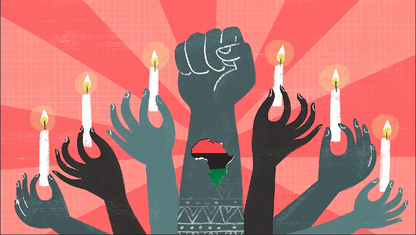
We are Africans and we are rising for justice, peace and dignity
A great initiative is happening today throughout Africa, attempting to garner pan-African solidarity towards ‘calling out our leaders on (Africa’s) failures and building ...
Mission Talent Team
-
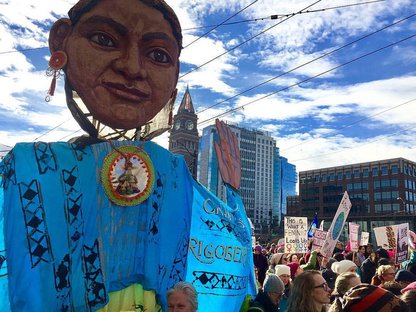
Women’s Marches
On the day after the American people voted last year I avoided the news and Facebook. Last Friday, people on my Facebook timeline ...
Mission Talent Team
-
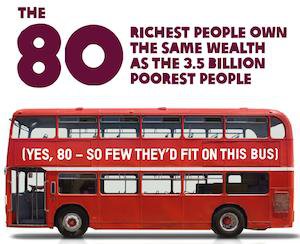
How to campaign for the future
Have you heard? It’s 2015; the Millennium Development Goals are up, the Sustainable Development Goals are on and governments are supposed to agree ...
Mission Talent Team
-
-

(Mission) Talent Development: Insights from 2023
In our journey through the dynamic landscape of talent development in 2023, we have uncovered crucial insights that redefine our approach to fostering ...
Katja Schramm
-

Behind the Brand: The story behind our new look
When we came back to our graphic designer with our head hanging after our website project had been delayed – for the second ...
Mission Talent Team
-

A Message from Mission Talent
As we wind towards the end of a difficult and unexpected year, we’re reminded to take the long view, that no one is ...
Mission Talent Team
-

How can NGOs and social movements work together to make real and long-lasting change?
As a global executive search firm, Mission Talent is in the business of having in-depth conversations with people from all over the world. ...
Mission Talent Team
-

Arbeitssprache Deutsch – ein Kommentar
Vergangene Woche hat das Landesarbeitsgericht Nürnberg ein Urteil veröffentlicht, welches bestätigt, dass die Filialleitung eines Unternehmens Personalgespräche nicht in deutscher Sprache führen muss. Der Betriebsrat ...
Mission Talent Team
-

Mix’n Talent: How can NGOs and social movements work together to make real and long-lasting change?
The recent incidence of police violence has sparked a global uprising of people demanding an end to racism and police brutality. At the ...
Mission Talent Team
-

Mix’n Talent: Are humanitarian organisations more resilient to deal with the COVID-19 crisis?
A pandemic on our doorstep: COVID-19 is challenging the global community in an unprecedented way — both professionally and personally. For many, it ...
Mission Talent Team
-

COVID-19 Message from Mission Talent
At Mission Talent, we are in the business of supporting leaders all over the world. While our local circumstances might vary, we all ...
Mission Talent Team
-

Looking back & looking forward: celebrating ten years at Mission Talent
In 2009, Mission Talent was founded in Germany and South Africa. Today, the company has grown to a team of nine consultants based ...
Mission Talent Team
-

Greetings from Mission Talent, 2019!
At the start of a new year Now that 2019 is rapidly getting underway, we hope this mail finds you back at your ...
Mission Talent Team
-

Visiting African Prisons Project at Kamiti Prison in Kenya
Nervousness hit me when I read the email from the Africa Prisons Project: “Kamiti is a male maximum security prison… [Visitors] should avoid being ...
Mission Talent Team
-

I’m not an engineer, an ecologist or a doctor. So here’s how I make a difference.
In 2003, I was an intern in New York City and I went to see Jeffrey Sachs (then director of the Earth Institute ...
Mission Talent Team
-

From Silos to Movement
The first ever Mix’n’Talent event brought forward a range of crucial reflections on how the civil society sector can drive social change in ...
Mission Talent Team
-

Leading Change in Uncertain Times
Faced with challenges such as political uncertainty, climate change and a global humanitarian and refugee crisis – how can we effectively drive social ...
Mission Talent Team
-

Organisational Languages
The other day I was arranging a few matters with a client. There were a number of terms she used during our communication ...
Mission Talent Team
-

We are Africans and we are rising for justice, peace and dignity
A great initiative is happening today throughout Africa, attempting to garner pan-African solidarity towards ‘calling out our leaders on (Africa’s) failures and building ...
Mission Talent Team
-

Women’s Marches
On the day after the American people voted last year I avoided the news and Facebook. Last Friday, people on my Facebook timeline ...
Mission Talent Team
-

How to campaign for the future
Have you heard? It’s 2015; the Millennium Development Goals are up, the Sustainable Development Goals are on and governments are supposed to agree ...
Mission Talent Team
-
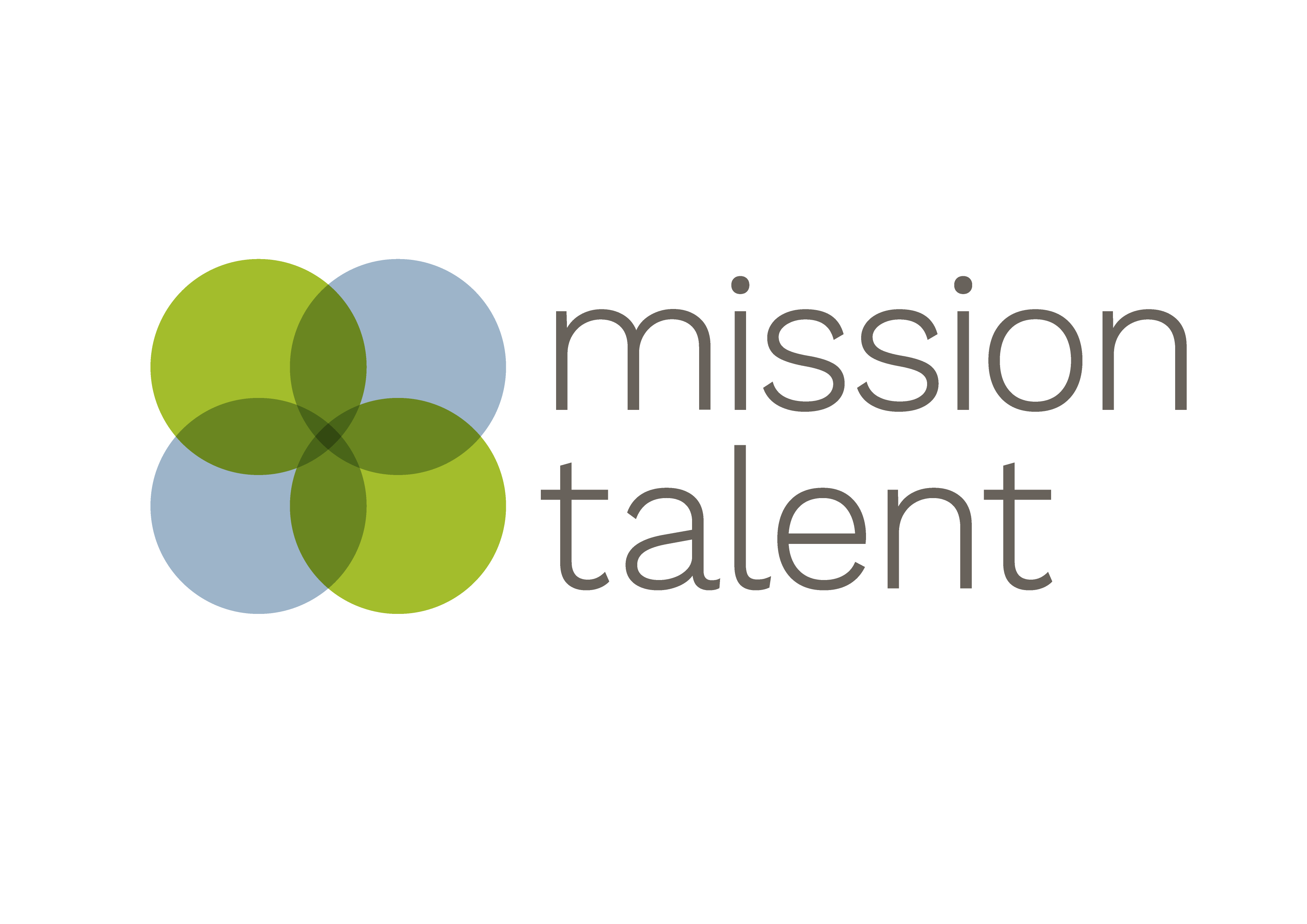
Get to know the team: Mission Talent talks leadership
At Mission Talent, it’s our job to ask questions. We want to find out from our clients exactly what kind of leaders they ...
Mission Talent Team
Resources / Interviews
-
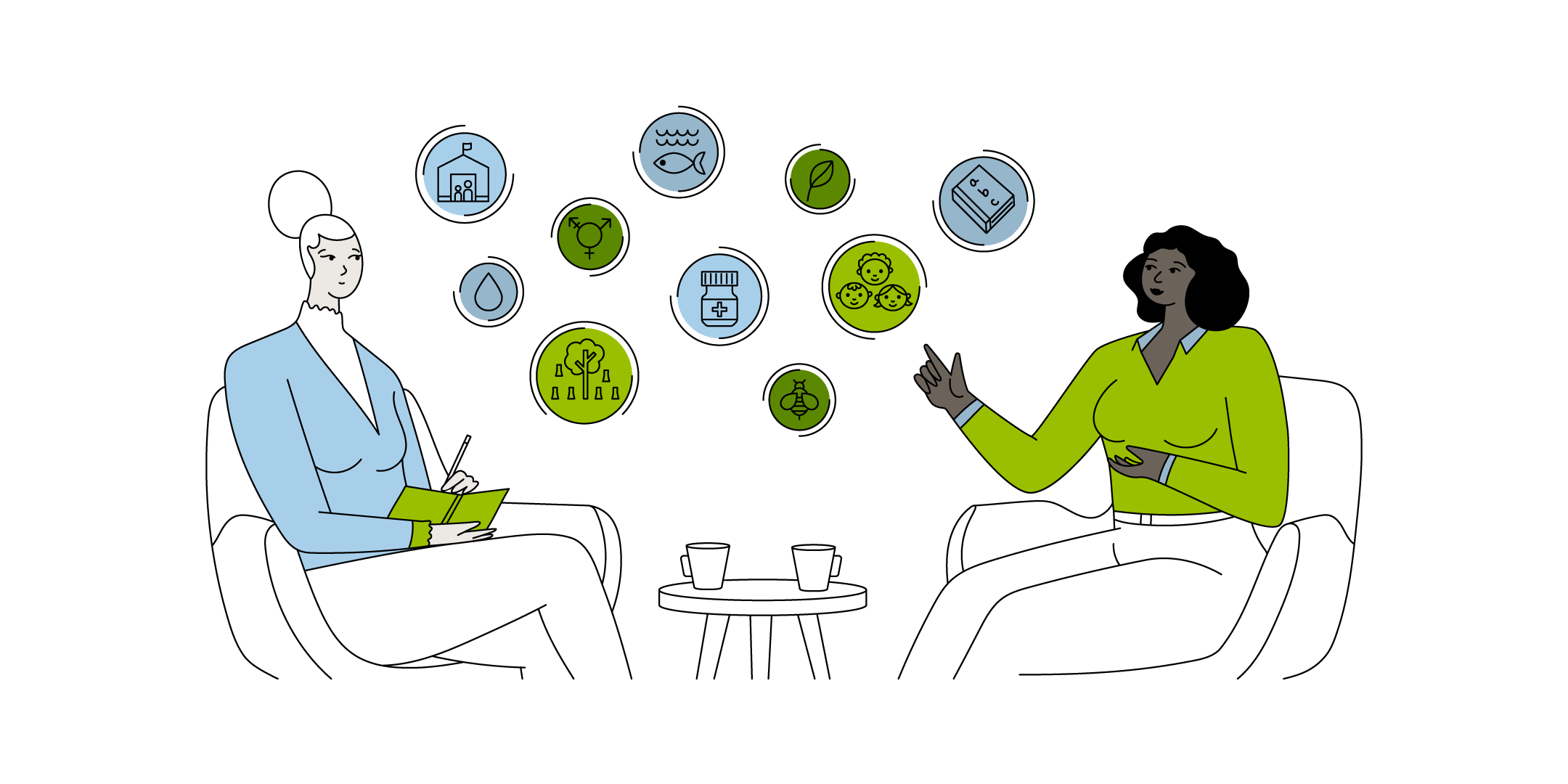
You are a member of a recruitment panel – so now what? Tips on how to be a great panel member
It’s a career truth: one day you are the candidate, and the next you are sitting across the table leading the interview. But ...
Mission Talent Team
-

‘No’ does not mean never: why being declined for a job can be a good thing
A few weeks ago, on the brink of a new search, I contacted a candidate – who we had placed last year in ...
Mission Talent Team
-
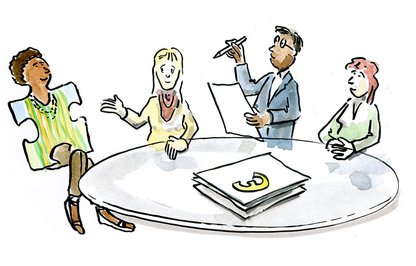
Your interview: the view from across the table
Many might expect a connection between seniority of a candidate and the quality of their interviews. That is not what we experience at ...
Mission Talent Team
-
-
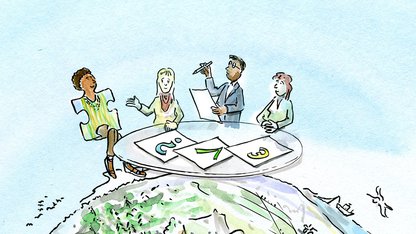
Bringing out the best qualities of candidates
When searching for potential candidates, I always look for the best. But sometimes candidates do not present themselves well during interviews, so I ...
Mission Talent Team
-
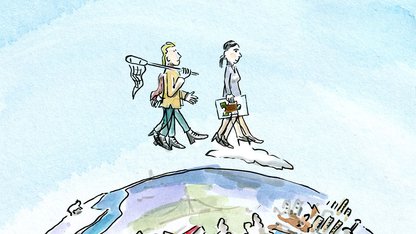
What are interviewers looking for?
It’s always a good idea to prepare for an interview, but how? Of course, it pays to know about the organization and the ...
Mission Talent Team
-
-

You are a member of a recruitment panel – so now what? Tips on how to be a great panel member
It’s a career truth: one day you are the candidate, and the next you are sitting across the table leading the interview. But ...
Mission Talent Team
-

‘No’ does not mean never: why being declined for a job can be a good thing
A few weeks ago, on the brink of a new search, I contacted a candidate – who we had placed last year in ...
Mission Talent Team
-

Your interview: the view from across the table
Many might expect a connection between seniority of a candidate and the quality of their interviews. That is not what we experience at ...
Mission Talent Team
-

Bringing out the best qualities of candidates
When searching for potential candidates, I always look for the best. But sometimes candidates do not present themselves well during interviews, so I ...
Mission Talent Team
-

What are interviewers looking for?
It’s always a good idea to prepare for an interview, but how? Of course, it pays to know about the organization and the ...
Mission Talent Team
(Un) Learning
-
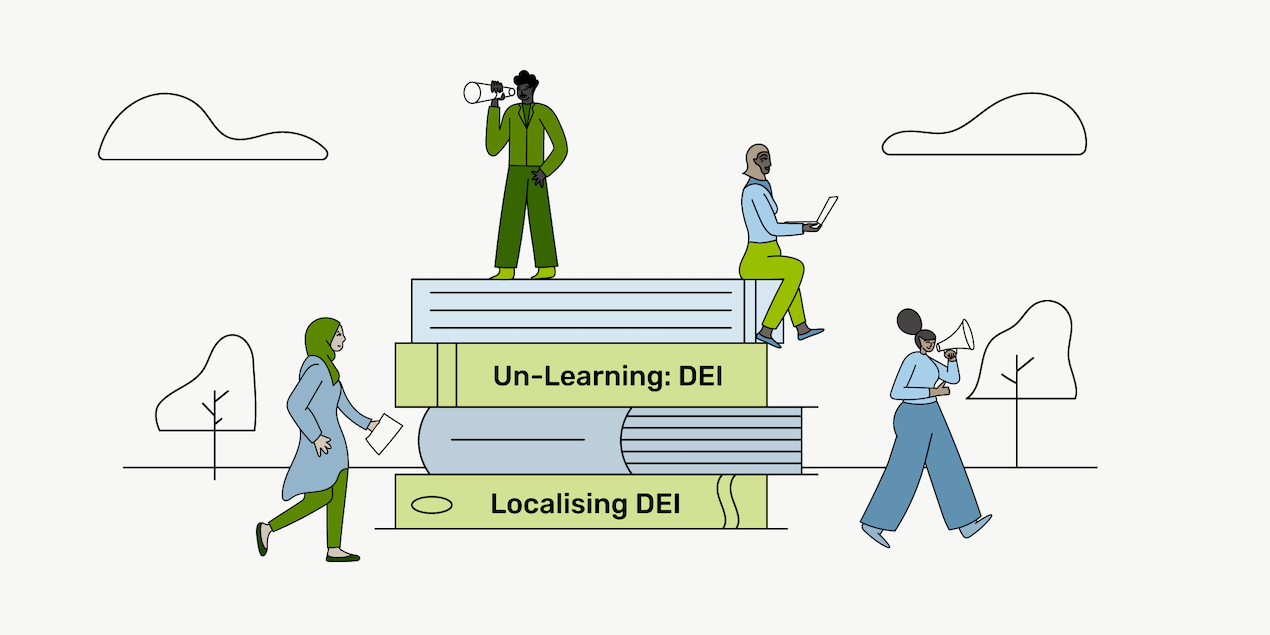
Un-Learning DEI: Localisation
Following the success and insightful discussions of our previous webinar on Un-Learning DEI, we are pleased to announce a follow-up session that delves deeper into the practical aspects of Diversity, Equity, and Inclusion (DEI) in a global context. Building on the foundational understanding that DEI concepts can only be universally applied by considering cultural nuances, this upcoming webinar focuses on the critical next step: localising DEI initiatives.
Mission Talent Team
-
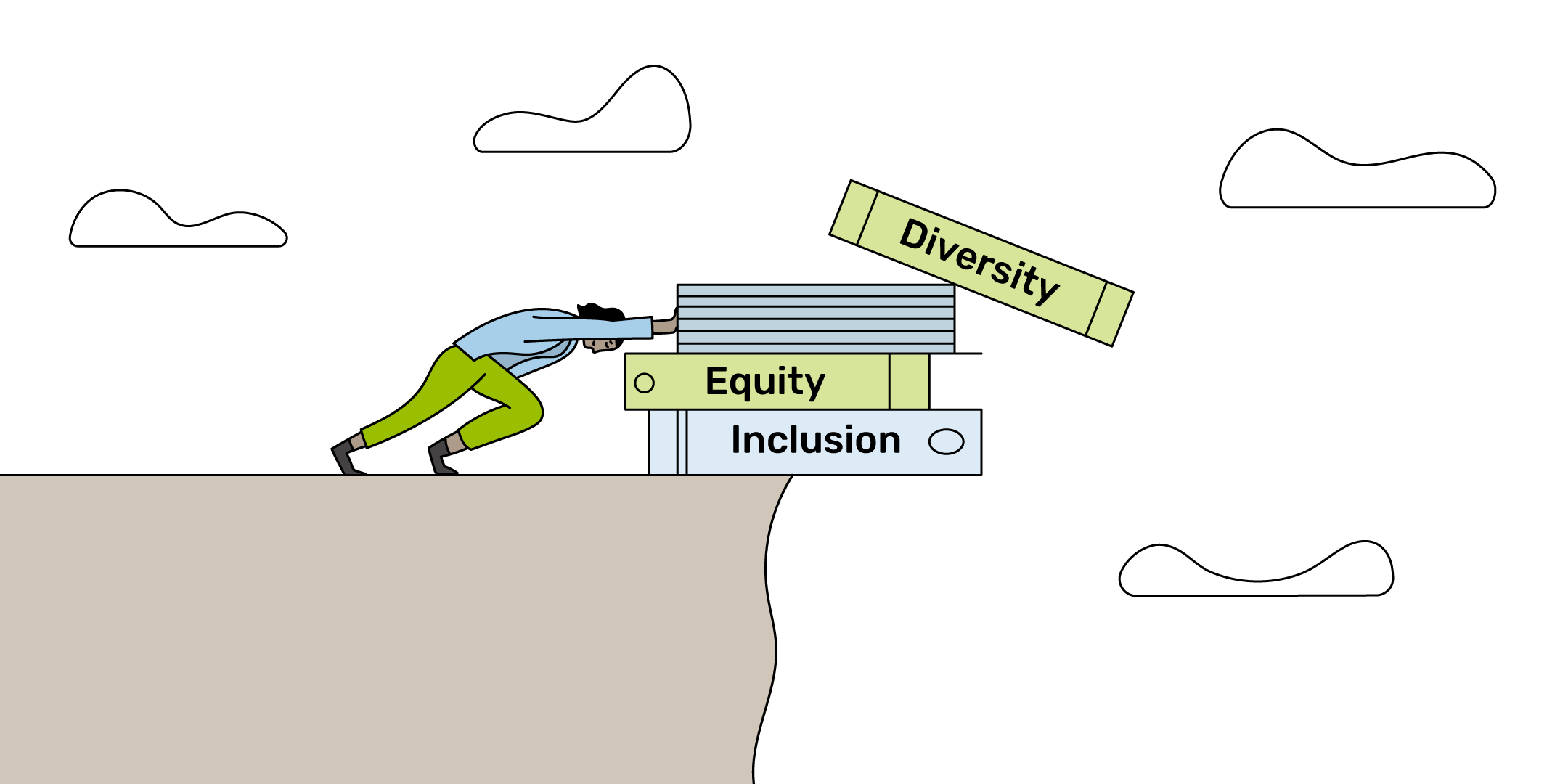
Un-Learning: DEI
In the ever-evolving landscape of Diversity, Equity, and Inclusion (DEI), the recent webinar hosted by Mission Talent has shed light on the pressing need to reassess and redefine DEI strategies to better align with the unique contexts of positive impact organisations.
The session, led by Anabella and Luciano, delved into the complexities of DEI, urging organisations to move beyond traditional frameworks and embrace a more localised and well-being-focused approach.Mission Talent Team
-
-

Un-Learning DEI: Localisation
Following the success and insightful discussions of our previous webinar on Un-Learning DEI, we are pleased to announce a follow-up session that delves deeper into the practical aspects of Diversity, Equity, and Inclusion (DEI) in a global context. Building on the foundational understanding that DEI concepts can only be universally applied by considering cultural nuances, this upcoming webinar focuses on the critical next step: localising DEI initiatives.
Mission Talent Team
-

Un-Learning: DEI
In the ever-evolving landscape of Diversity, Equity, and Inclusion (DEI), the recent webinar hosted by Mission Talent has shed light on the pressing need to reassess and redefine DEI strategies to better align with the unique contexts of positive impact organisations.
The session, led by Anabella and Luciano, delved into the complexities of DEI, urging organisations to move beyond traditional frameworks and embrace a more localised and well-being-focused approach.Mission Talent Team